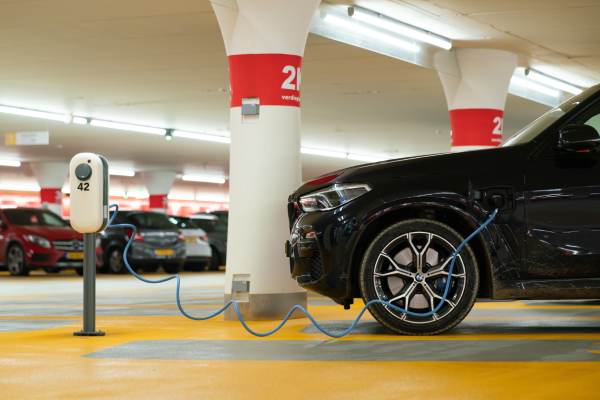
19 Countries Cross the Electric-Car Tipping Point for Mass Adoption: Bloomberg
Bloomberg recently published an article highlighting a significant milestone in the United States’ adoption of electric cars. According to a study conducted by BloombergNEF, the United States has crossed the tipping point for mass adoption of electric vehicles (EVs), which means that EVs are now cost-competitive with traditional gasoline-powered vehicles. This is a major milestone for the EV industry and has significant implications for the future of transportation. In this article, we will discuss the lessons that can be learned from Bloomberg’s study for the Indian market.
India is a rapidly developing country with a growing population and an expanding middle class. As the country’s economy continues to grow, the demand for transportation is expected to increase significantly. With this growth comes a corresponding increase in air pollution and greenhouse gas emissions, which have significant impacts on public health and the environment. The adoption of electric vehicles could play a significant role in mitigating these impacts and improving the overall sustainability of India’s transportation sector.
"Once 5% of new-car sales go fully electric, everything changes — according to a Bloomberg analysis of the 19 countries that have made the EV pivot."

One of the key takeaways from Bloomberg’s study is that the cost of owning an electric vehicle is now comparable to that of owning a gasoline-powered vehicle. According to the study, the total cost of ownership of an electric vehicle is now lower than that of a gasoline-powered vehicle in the United States. This is due in part to the falling costs of batteries and other EV components, as well as to the lower operating costs of EVs. As a result, consumers in the United States are increasingly choosing electric vehicles over gasoline-powered vehicles.
This trend is likely to continue in India as well. While the upfront cost of electric vehicles is currently higher than that of gasoline-powered vehicles, this gap is expected to narrow in the coming years. As battery costs continue to fall and the Indian government implements policies to promote the adoption of electric vehicles, the total cost of ownership of EVs is expected to become more competitive with that of gasoline-powered vehicles.
Another lesson from Bloomberg’s study is that the availability of charging infrastructure is a key factor in the adoption of electric vehicles. In the United States, the number of public charging stations has been growing rapidly in recent years, which has helped to increase consumer confidence in electric vehicles. In India, the government has announced plans to install 69,000 public charging stations across the country by 2025. This is a significant step towards building the charging infrastructure necessary to support mass adoption of electric vehicles in India.

Finally, the Bloomberg study highlights the role of government policies in promoting the adoption of electric vehicles. In the United States, federal and state-level incentives have played a significant role in encouraging consumers to switch to electric vehicles. In India, the government has announced a number of policies aimed at promoting the adoption of electric vehicles, including tax incentives, subsidies for EV manufacturers, and exemptions from certain taxes and duties.
In conclusion, Bloomberg’s study provides important insights into the factors driving the adoption of electric vehicles in the United States. While the Indian market is different from the United States market in many ways, there are important lessons that can be learned from this study. As India works towards building a more sustainable transportation sector, the adoption of electric vehicles is likely to play a significant role. By focusing on reducing the total cost of ownership of EVs, building the necessary charging infrastructure, and implementing policies to promote the adoption of EVs, India can achieve a more sustainable and efficient transportation sector.

